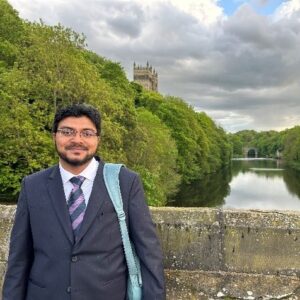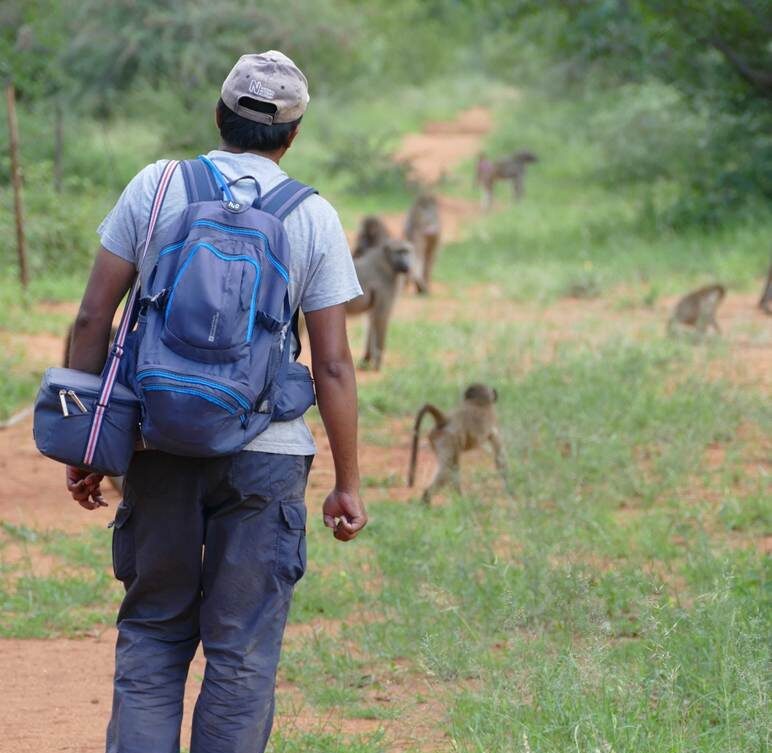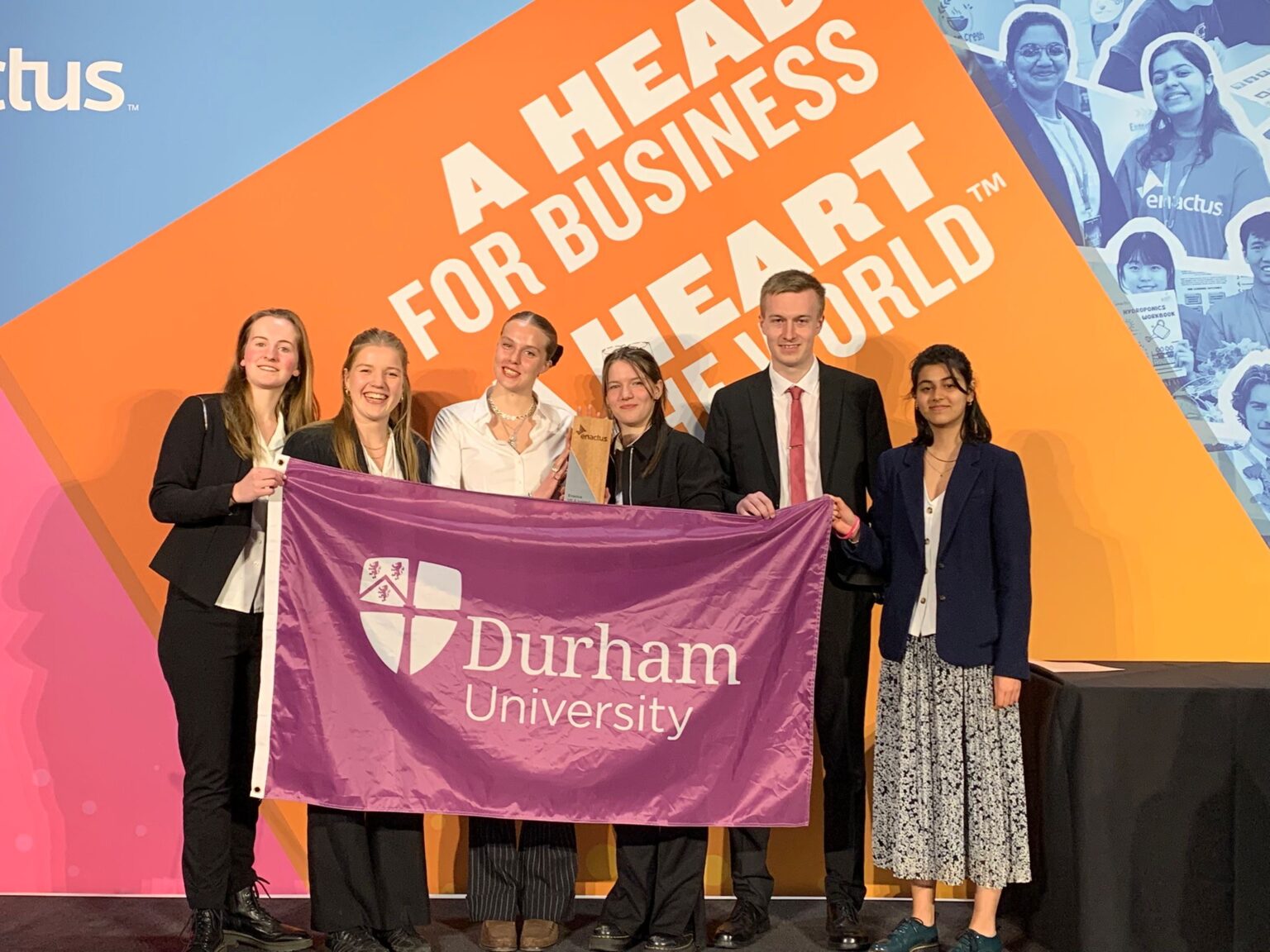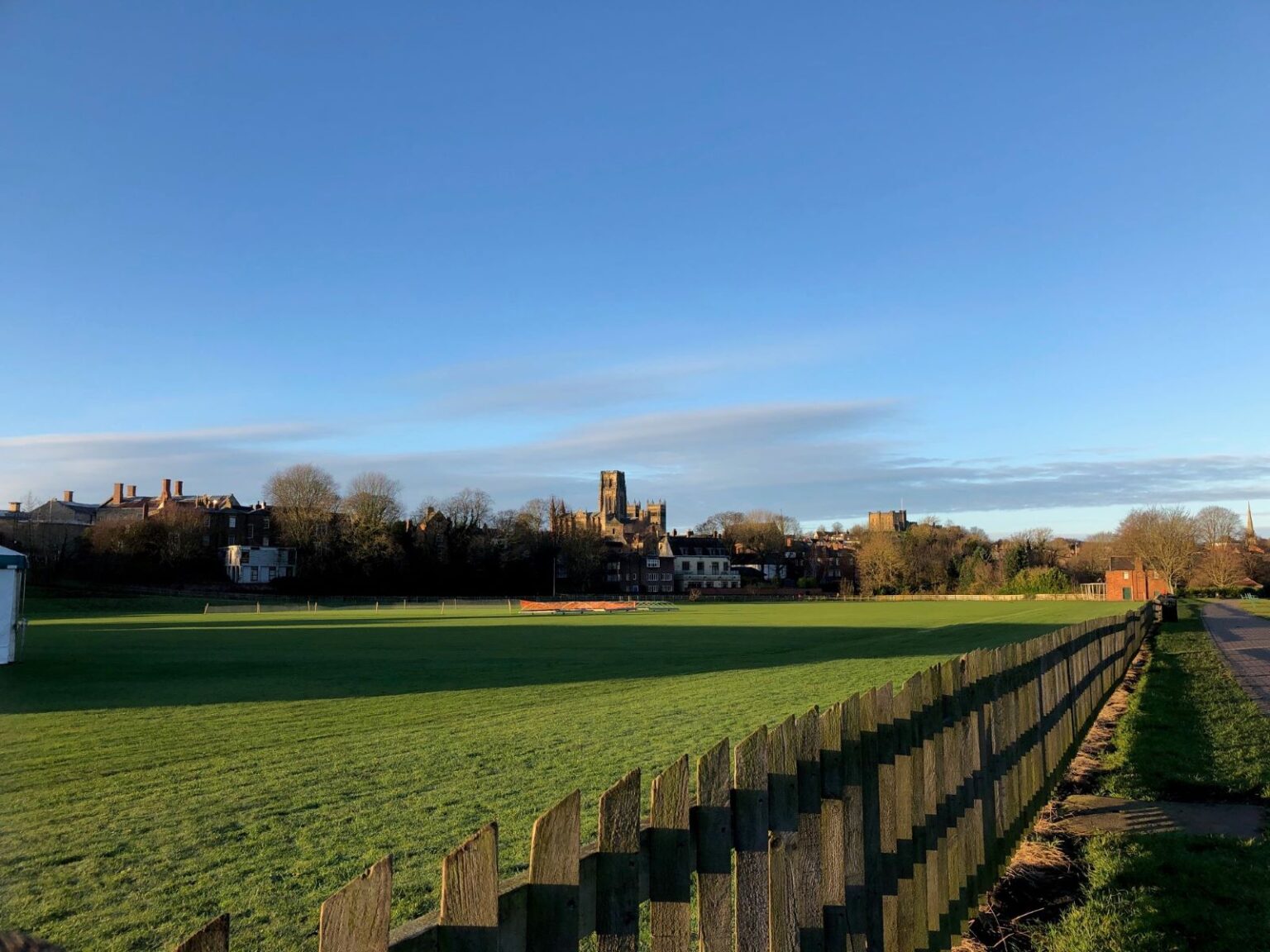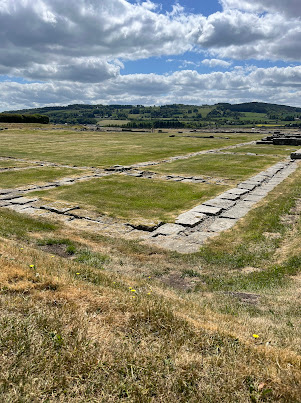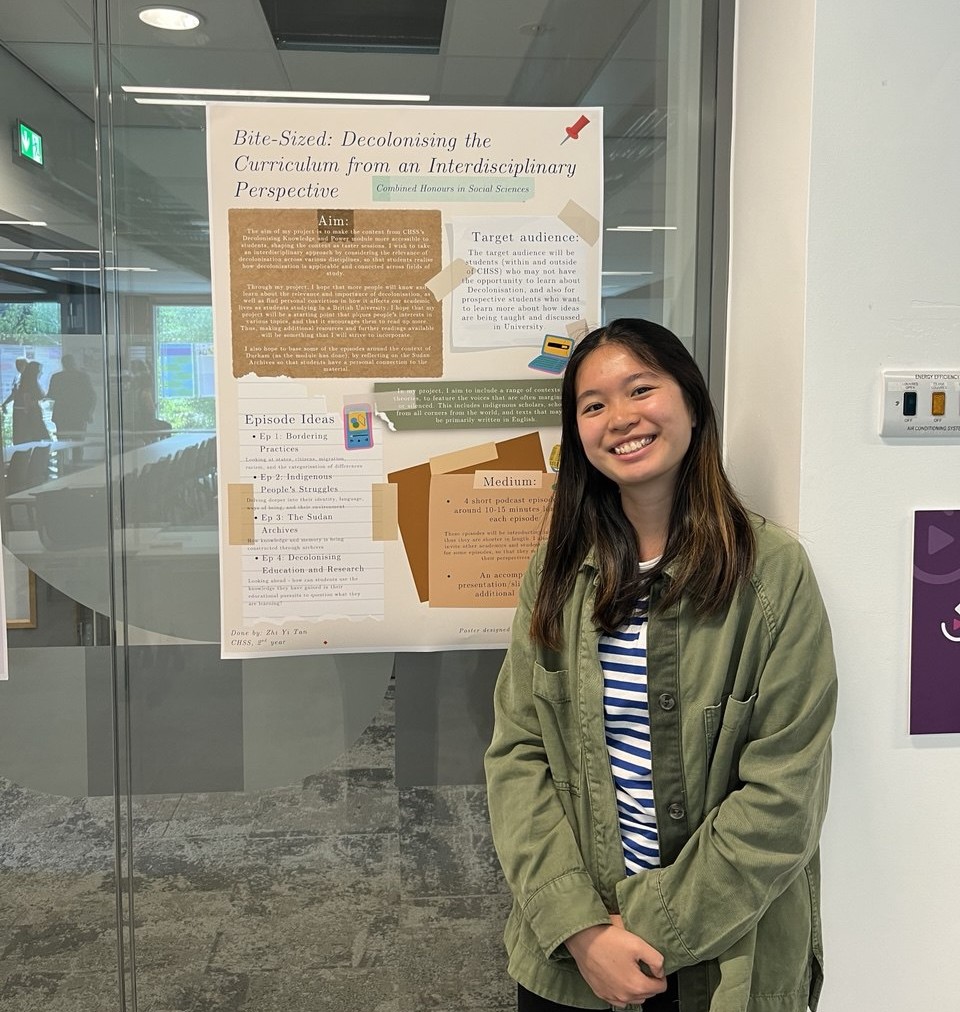Life changing
My PhD journey was a life-changing adventure, filled with uplifting moments and intense challenges. Arriving from Bangladesh – my first time in the UK – I was warmly welcomed by Hatfield College, and spent my 1st year of my PhD living there. Soon after starting, family issues back home weighed heavily on my mind, creating an emotional burden I hadn’t anticipated. During that time, my supervisors stood beside me and offered unwavering support, guidance and inspiration. I discovered they were not just experts in their fields but also incredible human beings with full hearts. Their encouraging attitude throughout the program helped me to navigate complex research questions and stay motivated.
Home from home
The non-academic staff and fellow students who formed the backbone of my daily experience were equally wonderful. Whenever I had a problem, their prompt actions amazed me, making the university feel like a second home. Our postgraduate office was not just a workplace- it was a vibrant and multicultural community of curious minds who supported one another with enthusiasm and empathy.
Outside the campus, I was surrounded by welcoming neighbourhoods filled with a strong sense of community. Whether it was helping with personal issues or offering a coffee and kind words on a tough day, I never felt alone.
Fieldwork
However, not all aspects of my PhD journey took place in Durham. My fieldwork brought me to the African bush in Limpopo Province, South Africa. The ecological environment was completely different from what I was used to, and initially, the physical and mental challenges were intense. Long days under the sun, limited access to basic amenities and navigating logistical hurdles in remote locations made lives complicated. To make matters more complex, the COVID-19 pandemic struck during my fieldwork. International travel restrictions, the countrywide lockdown situation and isolation added an extra layer of uncertainty.
My research
My research involved following a group of chacma baboons who feed on human leftovers from a garbage dump in Alldays, South Africa, to examine the extent to which human-derived foods contributed to modifying their behaviour and physiology. I collected behavioural and social information, as well as faecal samples for physiological analysis in the laboratory in Durham to understand the impacts on wildlife of living alongside people.
Human-wildlife conflict
Despite the enjoyment of studying wildlife, I also discovered the enormous challenges for animals living alongside humans, something that is often referred to as human-wildlife conflict. Conflict has risks for both local communities and their neighbouring wildlife, and this was brought home when two persecution events killed some of the baboons I had followed for the last 10 months. Despite the distressing experience, these events gave another dimension to my research plan and, eventually, thesis write-up.
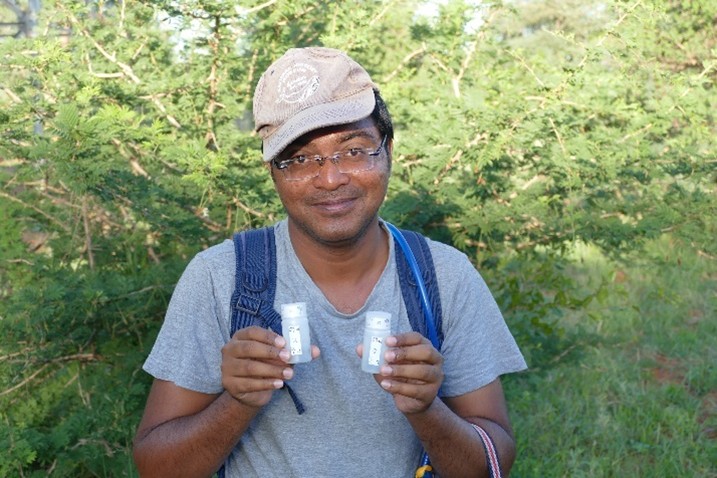
Other challenges
Even though there were a lot of challenges, the experiences I gathered in South Africa deepened my understanding of ecological dynamics. They also tested my endurance in ways I hadn’t expected. The challenges continued after returning to Durham. The faecal samples I had collected to measure the baboon physiology were delayed in their transport, disrupting the pace of my research and adding pressure to an already tight timeline. Again, my supervisors and the wonderful laboratory technician helped rescue me.
Despite these challenges, looking back, my time at Durham University was a blend of warmth, academic rigour and unforgettable experiences. I am grateful for the people who stood by me during that time – my supervisors, mentors, staff, colleagues, friends and the Durham Muslim community. For me, it was not just about earning a degree, it was about growing as a researcher, becoming part of a global community and discovering resilience in the most unexpected places.
Discover more
Feeling inspired? Take a look at our courses in the Department of Anthropology.
Read the published paper https://besjournals.onlinelibrary.wiley.com/doi/full/10.1002/pan3.70058



